Single-cell transcriptomics in leukaemia stem cells
5th November 2018.
Alice Giustacchini, University College London, UK
On the 5th of November 2018 Alice Giustacchini, of University College London will give a seminar entitled Single-cell transcriptomics uncovers distinct molecular signatures and dysregulated pathways in stem cells in chronic myeloid leukaemia at 2.00 pm in the College lecture theatre. In her talk A Giustacchini will discuss the technological and scientific advances enable by single cell analysis of leukaemia cells and how these data may help reconstructing the somatic evolution of individual cancers. Tumour progession is a crucial area of research in cancer biology with a major impact on future therapies including, notably, precision or personalised approaches to cure. All College students are invited to attend, especially those reading Medicine, Biology, Biotechnology and Pharmaceutical Sciences. The poster of the lecture can be downloaded here.
Abstract
Molecularly targeted therapies can frequently induce remission in cancer, but can rarely achieve complete disease eradication, with resulting risk of disease relapse and progression. Chronic myeloid leukemia (CML) is a good example of this, with rare, propagating stem cells (SCs) that are incompletely eradicated by BCR-ABL-directed tyrosine kinase inhibitors (TKIs). Multiple lines of evidence support that CML-SCs are selectively resistant to TKI therapy, leading to disease relapse following treatment discontinuation. A better characterization of the biological pathways sustaining therapy resistance in CML-SCs is crucial for the development of new therapeutic strategies to achieve disease eradication. However, it has proven challenging to characterize this clinically relevant population of CML-SCs, as they reside in the same immunophenotypic compartment as the normal hematopoietic stem cells (HSCs), from which they cannot be reliably distinguished. To this aim, we developed a novel method that allows for simultaneous single-cell RNA sequencing and high-sensitivity, targeted mutation detection. The unprecedented resolution on CML-SCs that our analysis achieved allowed for the characterization of distinct molecular signatures of CML-SCs from diagnosis through remission and disease progression, with potential implication for future refinement of targeted therapies in CML.
Reference
[1] Giustacchini A, Thongjuea S, Barkas N, Woll PS, Povinelli BJ, Booth CAG, Sopp P, Norfo R, Rodriguez-Meira A, Ashley N, Jamieson L, Vyas P, Anderson K, Segerstolpe Å, Qian H, Olsson-Strömberg U, Mustjoki S, Sandberg R, Jacobsen SEW, Mead AJ. Single-cell transcriptomics uncovers distinct molecular signatures of stem cells in chronic myeloid leukemia. Nature Medicine. 2017. 2017 Jun;23(6):692-702.
[2] Nucera S*, Giustacchini A*, Boccalatte F, Calabria A, Fanciullo C, Plati T, Ranghetti A, Garcia-Manteiga J, Cittaro D, Benedicenti F, Lechman ER, Dick JE, Ponzoni M, Ciceri F, Montini E, Gentner B, Naldini L. *first co-author. miRNA-126 Orchestrates an Oncogenic Program in B Cell Precursor Acute Lymphoblastic Leukemia. Cancer Cell. 2016 June 13;29(6):905-21.
Biography
Alice Giustacchini obtained her PhD from San Raffaele University in 2013, under the supervision of Prof. Luigi Naldini, with a project focusing on the role of microRNAs in the regulation of hematopoietic stem cell functions. Later in 2013, she moved to the UK to undertake a post-doctoral project in the laboratory of Prof. Sten Eirik Jacobsen at the University of Oxford. During her post-doc she focused on the development of novel single-cell approaches to resolve cell heterogeneity in leukemic stem cells during therapy response. Since 2017 she joined University College London where she is leading her own group focusing on the characterization of metabolic heterogeneity in myeloid leukemia stem cells and its implication for therapy response.
Image
Leukaemic cells under the microscope.
Students Union 3
Votes have been counted and candidates listed below have been elected to the executive committee of the Volta Students Union (VSU). Students elected are listed according to the number of votes that they have received). The number of voters was 63 for undergraduate students but a disappointing 16 for postgraduate students. M Abou Alezz and F Lupoli will serve one term each in the committee.
Undergraduate
AS Papa
F Cervellera/N Khenkina
Postgraduates
C Regalbuto/E Iskandar
M Abou Alezz/F Lupoli
The College would like to thank all members who took an active role in the election process especially the students who put themselves stood for election but did not win a seat in the committee in this instance.
Cosa Sarà 2
The College is delighted to announce that on Saturday the 20th of October, Collegio A Volta won the College competition organised by high-tech company FacilityLive, the Pavia City Council and the University of Pavia as part of the New Ideas Festival in Pavia from October 19th to 21st (see the earlier post in the News & Events section of the College website).
The College team included (listed alphabetically): A Armanetti (Physics, yr 1), R De Nardo (Pharmacy, yr 5), S Maurogiovanni (Biomedical Engineering, yr3), C Lucini Paioni (Management, yr 3), F Ravera (Physics, yr 1) and A Tescari (Biomedical Engineering, yr 1). Further details of the proposal that won the competition will be posted here as soon as they will be made available. The College especially pleased about the fact that four of six members of the College team are Volta freshers. The other Colleges that took part in the New Ideas Festival were Borromeo, Cairoli and Nuovo.
Image: courtesy of Lambeth Academy, Clapham, London
Students Union 2
The following is an update about the elections of students representatives to the executive committee of the Volta Students Union (VSU) for the academic year 2018/19.
(i) The College is grateful to the following undergraduate and postgraduate members of Volta - listed alphabetically - who have made themselves available for election. As indicated in an earlier post, the College has agreed with EDiSU to elect six students to the executive committee (3 undergraduates and three postgraduates) in order to comply formally with EDiSU rules.
Undergraduates
F Cervellera
N Khenkina
P Minerba
AS Papa
I Rosignoli
HS Soukeini
Postgraduates
M Abou Alezz
A Babalola
E Iskandar
G Lombardo
F Lupoli
C Regalbuto
The election assembly in which candidates meet College students, orginally planned for today Monday 22 October at 6.00 pm in the College lecture theatre has been rescheduled to Wednesday 24th October at 6.00 pm in the n the College lecture theatre due to clash with a meeting about Students Welfare organised by EDiSU at Collegio Volta in the evening of October 22nd. The new election day will be Thursday the 25th of October. Two ballot boxes will be available at the porter's desk from 8.00 am to 7.00 pm on Thursday 25th for casting votes for the undergraduate and postgraduate candidates respectively with the assistance of the porter on duty. The College expects strong participation of the students' community in this exercise of democracy.
Cell Division
On the 30th of October 2018 Pier Paolo D'Avino, of the University of Cambridge will give a seminar entitled Unravelling cell division mechanisms to understand cancer at 2.00 pm in the College lecture theatre. In his talk PP D'Avino will discuss the complex regulation of the cell cycle of animal cells and will highlight the different stages in which cancer cells can subvert cell cycle check points causing uncontrolled cell division and multiplication.
This is a major area of research in cancer biology, the importance of which has been recognised earlier this centrury with Nobel Pizes to P Nurse an T Hunt and confirmed by the development of new anti-cancer compounds aimed at restoring cell cycle control in cancer cells. All College students are invited to attend, especially those reading Medicine, Biology, Biotechnology and Pharmaceutical Sciences. The poster of the lecture can be downloaded here. Further information about the seminar, including abstract, references and a short biography of the speaker can be found at this page.
Unravelling Cell Division Mechanisms to Understand Cancer
30th October 2018.
Pier Paolo D'Avino, University of Cambridge, UK
On the 30th of October 2018 Pier Paolo D'Avino, of the University of Cambridge will give a seminar entitled Unravelling cell division mechanisms to understand cancer at 2.00 pm in the College lecture theatre. In his talk PP D'Avino will discuss the complex regulation of the cell cycle of animal cells and will highlight the different stages in which cancer cells can subvert cell cycle check points causing uncontrolled cell division and multiplication. This is a major area of research in cancer biology, the importance of which has been recognised earlier this centrury with Nobel Pizes to P Nurse an T Hunt and confirmed by the development of new anti-cancer compounds aimed at restoring cell cycle control in cancer cells. All College students are invited to attend, especially those reading Medicine, Biology, Biotechnology and Pharmaceutical Sciences. The poster of the lecture can be downloaded here.
Abstract
Cell division is one of the most fundamental biological processes. It is essential for growth, development and reproduction in many organisms, including humans. Cell division faithfully partitions the genomic information between the two daughter cells and errors in this process have been implicated in many human diseases, such as chromosomal syndromes, sterility and cancer. In many cancers, defects in cell division generate chromosomal instability (CIN), which consists of recurrent chromosomal changes that contribute to tumorigenesis by altering the balance of critical growth and death pathways. Although its role in cancer onset is still debated, CIN has been implicated in cancer evolution, diversification and heterogeneity, is associated with poor clinical outcome and drug resistance, and has been suggested to play a role in the development of metastases. Thus, a thorough understanding of the mechanisms controlling cell division may lead to understand the origins of CIN and its role in cancer development and to the development of novel therapeutic treatments for cancer pathologies. PP D'Avino's research interests focus on the study of the mechanisms and signalling pathways that govern cell division in eukaryotic cells and their de-regulation in cancer cells, with particular emphasis on how the activity of mitotic proteins and protein complexes are regulated by phosphorylation. In this talk, I will present our recent efforts to dissect the complex regulatory cross-talks between mitotic kinases and phosphatases during cytokinesis and to understand the origins and consequences of CIN in the development of oesophageal adenocarcinoma.
Biography
Pier Paolo D'Avino was born in Naples where I also obtained my laurea in Biology in May 1990 and my PhD in Molecular and Cellular Genetics in 1995 - both at the University Federico II. My PhD focused on the mechanisms of hormonal regulation of gene expression using Drosophila melanogaster as model system. In August 1995 he moved to Salt Lake City, Utah, USA to study how hormones regulate cell shape changes and tissue remodelling during metamorphosis in Drosophila, in the laboratory of Prof Carl Thummel, Howard Hughes Medical Institute and Department of Human Genetics of the University of Utah.He obtained an EMBO long term fellowship to move to Cambridge, UK, in January 1999 to join the group of Prof Michael Ashburner at the Department of Genetics of the University of Cambridge as an independent researcher. In January 2001, I started working on the mechanics and regulation of cytokinesis in the group of Prof David Glover, always at the Department of Genetics. In 2004, after obtaining a BBSRC research grant, I was appointed Senior Research Associate and Director of Research, always at the Department of Genetics. In January 2009, he was appointed Lecturer in Cell Biology at the Department of Pathology of the University of Cambridge, where I currently teach Molecular and Cellular Biology of Cancer to Natural Sciences, Medical and Veterinary students and investigate the mechanisms and signalling pathways that govern cell division in eukaryotic cells and their de-regulation in cancer cells. Pier Paolo D'Avino is happily married and have two wonderful teenage daughters. He enjoy cooking, hiking, and running. In his - little - free time he enjoys reading books and watching movies/documentaries on science, science fiction, crime and ancient roman history. Finally, he follow sports: F1 motor racing, rugby and football. Has been a Ferrari “tifoso” since the age of 14 and, as all Neapolitans, was born to support the Napoli football team.
Reference
[1] McKenzie, C. and D’Avino P.P. (2016) Investigating cytokinesis failure as a strategy in cancer therapy. Oncotarget, 7(52):87323-87341 (doi: 10.18632/oncotarget.13556)
[2] D’Avino P.P. and Capalbo L. (2016) Regulation of midbody formation and function by mitotic kinases. Seminars in Cell and Developmental Biology, 53:57-63.
[3] D’Avino P.P. (2017). Citron kinase - renaissance of a neglected mitotic kinase. Journal of Cell Science, 130(10): 1701-1708; doi: 10.1242/jcs.200253.
Image
A fibrosarcoma cell undergoing cell division. Courtesy of M Kyle Hadden, University of Connecticut
Cancer Metabolism
On the 25th of October 2018 Paolo Ceppi, of the Friedrich-Alexander University at Erlangen-Nuremberg, will give a seminar on Metabolic pathways as regulators of epithelial-to-mesenchymal transition at 2.00 pm in the College lecture theatre. In his talk P Ceppi will connect the metabolic features, outlined iniitially by O Warburg nearly one century ago, with key biological processes of cancer cells, for example the ability of epithelial cancer cells to acquire a migratory phenotype (so-called epithelial mesenchymal transition). This is a novel and important area of research in cancer biology with major implications for cancer therapy. All College students are invited to attend, especially those reading Medicine, Biology, Biotechnology and Pharmaceutical Sciences. The poster of the lecture can be downloaded here. More information about the seminar, including abstract, references and a short biography of the speaker can be found at this page.
Image. Migrating cancer cells in culture. Courtesy of S Etienne-Manneville, Institut Pasteur, Paris.
Metabolic Pathways as Regulators of Epithelial Mesenchymal Transition
25th October 2018.
Paolo Ceppi, Friedrich-Alexander University, Erlangen-Nuremberg
On the 25th of October 2018 Paolo Ceppi, of the Friedrich-Alexander University at Erlangen-Nuremberg, will give a seminar on Metabolic pathways as regulators of epithelial-to-mesenchymal transition at 2.00 pm in the College lecture theatre. In his talk P Ceppi will connect the metabolic features, outlined iniitially by O Warburg nearly one century ago, with key biological processes of cancer cells, for example the ability of epithelial cancer cells to acquire a migratory phenotype (so-called epithelial mesenchymal transition). This is a novel and important area of research in cancer biology. All College students are invited to attend, especially those reading Medicine, Biology, Biotechnology and Pharmaceutical Sciences. The poster of the lecture can be downloaded here.
Abstract
The most lethal features of cancer are chemoresistance and metastatic dissemination. In many cases, both are attributed to the presence of cells driven by de-differentiation processes like the epithelial-to-mesenchymal transition (EMT) and the cancer stem cell (CSC) program, which can foster a clinical relapse. Recently, our lab and others showed that some metabolic pathways can exert a powerful regulatory role on cancer cell de-differentiation and promote cancer aggressiveness by driving EMT/CSC. Identifying the whole network of metabolic pathways controlling the de-differentiation processes could be highly impactful in the field of drug repositioning because, in contrast to currently known EMT effectors and mediators, several inhibitors for metabolism enzymes are already in clinical use for the treatment of not tumor-related diseases. Metabolism-based therapeutic strategies could contribute to reduce the devastating effects of aggressive cancers.
Biography
Paolo Ceppi received his PhD from the University of Torino and was then a postdoc in the Peter lab at the Northwestern University in Chicago. Since 2015 he is a Junior Group Leader at the Interdisciplinary Center of Clinical Research (IZKF) of the FAU University of Erlangen-Nuremberg, in Germany. His team focuses on the mechanisms that regulate cancer plasticity and at studying the epithelial-to-mesenchymal transition, the cancer stem cells and the association between cancer de-differentiation and sensitivity to chemotherapy. He received funding and awards from the US Department of Defense, the International Association for the Study of Lung Cancer, the German Cancer Aid and the German Research Foundation.
Reference
Schwab et al. Cancer Research 78:1604, 2018
Siddiqui et al. J Pathol 242:221, 2017
Ceppi et al. Nature Communications 4:5238, 2014
Ceppi et al. Oncogene 33:269, 2014
Image
Migrating cancer cells in culture.
Systems Biology
On the 22nd of October 2018 Peter Blattmann, of the ETH Zürich, will give a seminar entitled From big data to mechanisms. Understanding how context dependent phenotypes vary across cells at 2.00 pm in the College lecture theatre. In his talk P Blattmann will give key examples of the reach of mass-spectrometry-based systems biology studies in order to study protein networks and cellular functions. This is an emerging field of research that will have huge impact for our understanding of key biological processes (development, differentiation, regeneration) and disease. All College students are invited to attend, especially those reading Medicine, Biology, Biotechnology and Pharmaceutical Sciences. The poster of the lecture can be downloaded here.
From Big Data to Mechanisms. How Context Dependent Phenotypes Vary Across Cells
22nd October 2018.
Peter Blattmann, ETH, Zürich
On the 22nd of October 2018 Peter Blattmann, of the Eidgenössische Technische Hochschule (ETH) at Zürich, will give a seminar on From big data to mechanisms. Understanding how context dependent phenotypes vary across cells at 2.00 pm in the College lecture theatre. In his talk P Blattmann will give key examples of the reach of mass-spectrometry based systems biology approaches in order to study protein networks and cellular functions. This is an emerging field of research that will have huge impact for our understanding of biological processes and disease. All College students are invited to attend, especially those reading Medicine, Biology, Biotechnology and Pharmaceutical Sciences. The poster of the lecture can be downloaded here.
Abstract
In individuals, heterogeneous drug response phenotypes result from a complex interplay of dose, drug specificity, genetic background, and environmental factors, thus challenging our understanding of the underlying processes. Here we present an approach to explain drug response differences in a panel of cell lines combining mass spectrometry-based quantification of molecular phenotypes with subsequent integration of the quantitative data using logic modeling. The approach was applied to cellular cholesterol regulation, a biological process with high clinical relevance. The phenotypes elicited by various targeted pharmacologic or genetic treatments were profiled by quantifying >3000 proteins and >1000 metabolites using mass spectrometry. Based on this data and a prior knowledge network, we generated cell-line-specific models that quantified the processes beneath the idiotypic intracellular drug responses and could identify which processes in the model varied between the cell lines. The models revealed that in addition to drug uptake and metabolism further cellular processes showed significant pharmacodynamic response variability between cell lines, resulting in cell-line-specific drug response phenotypes. This study demonstrates the importance of integrating different types of quantitative systems-level molecular measurements with modeling to understand the effect of pharmacological perturbations on complex biological processes.
Biography
P Blattmann studied biochemistry at ETH Zurich and after his studies, he performed an internship at Genentech in South San Francisco. In 2008, he received a PhD-Fellowship from the European Molecular Biology Laboratory (EMBL) to perform his PhD studies in the Molecular Medicine Partnership Unit (MMPU), a department between EMBL and the University Hospital Heidelberg. In the groups of Dr. Rainer Pepperkok and Dr. Heiko Runz, he functionally characterized the genes reported by genome-wide association studies (GWAS) for blood lipid traits and cardiovascular disease using RNA interference, functional cellular assays, and high-content microscopy. In May 2013, he joined the Aebersold lab with the interest to better understand how complex biological processes vary between cell lines. Using proteomics (SWATH-MS/DIA) and cholesterol regulation as a model system, he has conducted a systems pharmacology study identifying how a large number of cellular factors determine the variable drug response across cell lines.
Reference
[1] P. Blattmann*#, D. Henriques, M. Zimmermann., F. Frommelt., U. Sauer, J. Saez-Rodriguez, and R. Aebersold* “Systems pharmacology analysis of cellular cholesterol regulation reveals large pharmacodynamic variability”, Cell Systems, 5, 604-619 (2017). https://doi.org/10.1016/j.cels.2017.11.002[2] P. Blattmann and R. Aebersold, “The advent of mass spectrometry-based proteomics in systems biology research” Encyclopedia of Cell Biology (ed. R. Bradshaw and P. Stahl), 1st Edition, Academic Press (2016). ISBN: 9780123944474. https://doi.org/10.1016/B978-0-12-394447-4.40030-1
Image
A typical protein network. Courtesy of AF Villaverde (University of Oxford, UK and Vigo Spain)
More...
Students Union
The College invites nominations for election of the executive of the Volta Students Union for the academic year 2018/19. After further discussions with EDiSU the College has agreed to elect six students to the executive in order to comply in full with EDiSU rules (although College typically hosts more than 200 students throughout the year, the number of placements at Volta in the records of EDiSU, University and Ministry is 198 and this qualifies College for a six students executive). Any member of Volta can stand for election and College is keen to receive a number of nominations well above the number of seats in the executive as this fosters internal debate. Three out of the six seats available are assigned to undergraduate members, three to postgraduates.
Nominations should be sent by email to the College Director by Thursday 18 October. The College requests that candidates hold a public debate/assembly with all College students on Monday 22 October at 6.00 pm in the College lecture theatre ahead of election day on Tuesday 23 October. Two ballot boxes will be available at the porter's desk from 8.00 am to 7.00 pm on Tuesday 23rd for casting votes for the undergraduate and postgraduate candidates respectively with the assistance of the porter on duty. The College expects strong participation of the students' community in this exercise of democracy.
Finally the new executive will consult with members of the 2017/18 executive on key issues as the latter Committee had fewer opportunities than teh committees in earlier years to shape College policy.
Liver Cancer
On the 19th of October 2018 Manlio Vinciguerra, of the Institute of Translational Medicine at Brno, Czech Republic, will give a seminar on Cancer stemness and adaptive immune evasion in hepatocellular carcinoma in the College lecture theatre. Liver cancer is a major medical issue worldwide. In his talk M Vinciguerra will discuss advances in understanding the cell(s) of origin of human hepatocellular carcinoma, the most common type of liver cancer, and how these cancer cells are able to evade the immune system. All College students are invited to attend, especially those reading Medicine, Biology, Biotechnology and Pharmaceutical Sciences. The poster of the lecture can be downloaded here. Further information about the seminar and speaker can be found here.
Image: differentiating liver organoids in culture. Courtesy of Meritxell Huch, Gurdon Institute, University of Cambridge (UK).
Cancer Stemness and Adaptive Immune Evasion in Hepatocellular Carcinoma
19th October 2018.
Manlio Vinciguerra, Institute for Translational Medicine, Brno, Czech Republic
On the 19th of October 2018 Manlio Vinciguerra, of the Institute of Translational Medicine at Brno, will give a seminar on Cancer stemness and adaptive immune evasion in hepatocellular carcinoma at 2.00 pm in the College lecture theatre. In his talk M Vinciguerra will discuss advances on the study of the origin of liver cancer cells and their ability to evade the immune system. These may have implications for our understanding of cancer biology and the development of future therapies liver cancer, a major cause of human death especially in Asian populations. All College students are invited to attend, especially those reading Medicine, Biology, Biotechnology and Pharmaceutical Sciences. The poster of the lecture can be downloaded here.
Abstract
Among the epigenetic mechanisms of control of gene expression, histone variants confer to the nuclear chromatin unique properties. Histone variants, mostly of canonical histones H2A, H2B and H3, have important roles in lineage commitment of stem cells, in somatic cell reprogramming to pluripotency and, in some cases, in the modulation of animal aging and life span. MacroH2A1 is the largest histone variant in nature, regulating cell plasticity and proliferation, during pluripotency and tumorigenesis (1,2). In hepatocellular carcinoma (HCC), the most common cause of death in people with liver cirrhosis, loss of the histone variant macroH2A1 induces cancer stem cells (CSCs) appearance and chemoresistance (3). CSCs exhibit stem cell like features and are responsible for tumor relapse and metastasis. How these CSCs interact with neighboring non-stem HCC cells and are cleared by the adaptive immune system is unclear. I will show that CSCs reprogram neighboring HCC cells into CSC-like cells that can evade the adaptive immune response. This effect is achieved through combined epigenetic and paracrine mechanisms, via loss of histone variant macroH2A1 and chemokine/cytokine depletion in the tumor microenvironment (4).
Biography
Dr. Manlio Vinciguerra, PhD, (born in Catania on 05.05.1976), currently holds a Principal Investigator position at the International Clinical Research Center (FNUSA-ICRC), in Brno, Czech Republic. He directs a research team of 20 scientists, focusing on (1) epigenetics, aging and liver cancer, and on (2) prevention of cardio-metabolic disorders. He has 17 years of research training and experience conducted in 6 different European countries (Italy, Netherlands, Switzerland, Germany, UK, Czech Republic). His research has been funded by Telethon, Swiss National Fund for Research (SNSF), EMBO, AIRC, H2020, the European Regional Fund for Development (ERFD), government and pharmaceutical companies. He authored ~140 publications with cumulative IF=800, between research papers, reviews, editorials and book chapters. His H index is 34 and number of citations he received is >4300.
Reference
(1) Histone MacroH2A1: A Chromatin Point of Intersection between Fasting, Senescence and Cellular Regeneration. Lo Re O, Vinciguerra M. Genes (Basel). 2017 Dec 5;8(12). pii: E367. doi: 10.3390/genes8120367.
(2) DNA Hypomethylation and Histone Variant macroH2A1 Synergistically Attenuate Chemotherapy-Induced Senescence to Promote Hepatocellular Carcinoma Progression. Borghesan M, Fusilli C, Rappa F, Panebianco C, Rizzo G, Oben JA, Mazzoccoli G, Faulkes C, Pata I, Agodi A, Rezaee F, Minogue S, Warren A, Peterson A, Sedivy JM, Douet J, Buschbeck M, Cappello F, Mazza T, Pazienza V, Vinciguerra M. Cancer Res. 2016 Feb 1;76(3):594-606.
(3) Induction of cancer cell stemness by depletion of macrohistone H2A1 in hepatocellular carcinoma. Lo Re O, Fusilli C, Rappa F, Van Haele M, Douet J, Pindjakova J, Rocha SW, Pata I, Valčíková B, Uldrijan S, Yeung RS, Peixoto CA, Roskams T, Buschbeck M, Mazza T, Vinciguerra M. Hepatology. 2017 Sep 15. doi: 10.1002/hep.29519. [Epub ahead of print]
(4) manuscript in revision.
Image
A histological section of normal human liver
Stem Cells
On the 18th of October 2018 Virginie Sottile, of the University of Nottingham (UK, will give a seminar on Stem cell models of differentiation and regeneration in the College lecture theatre. In her talk V Sottile will discuss advances in stem cell biology and their potential impact on the therapy of a number of major human diseases. All College students are invited to attend, especially those reading Medicine, Biology, Biotechnology and Pharmaceutical Sciences. The poster of the lecture can be downloaded here. Further information about the seminar and speaker can be found here.
Image: human embryonic stem cells in culture
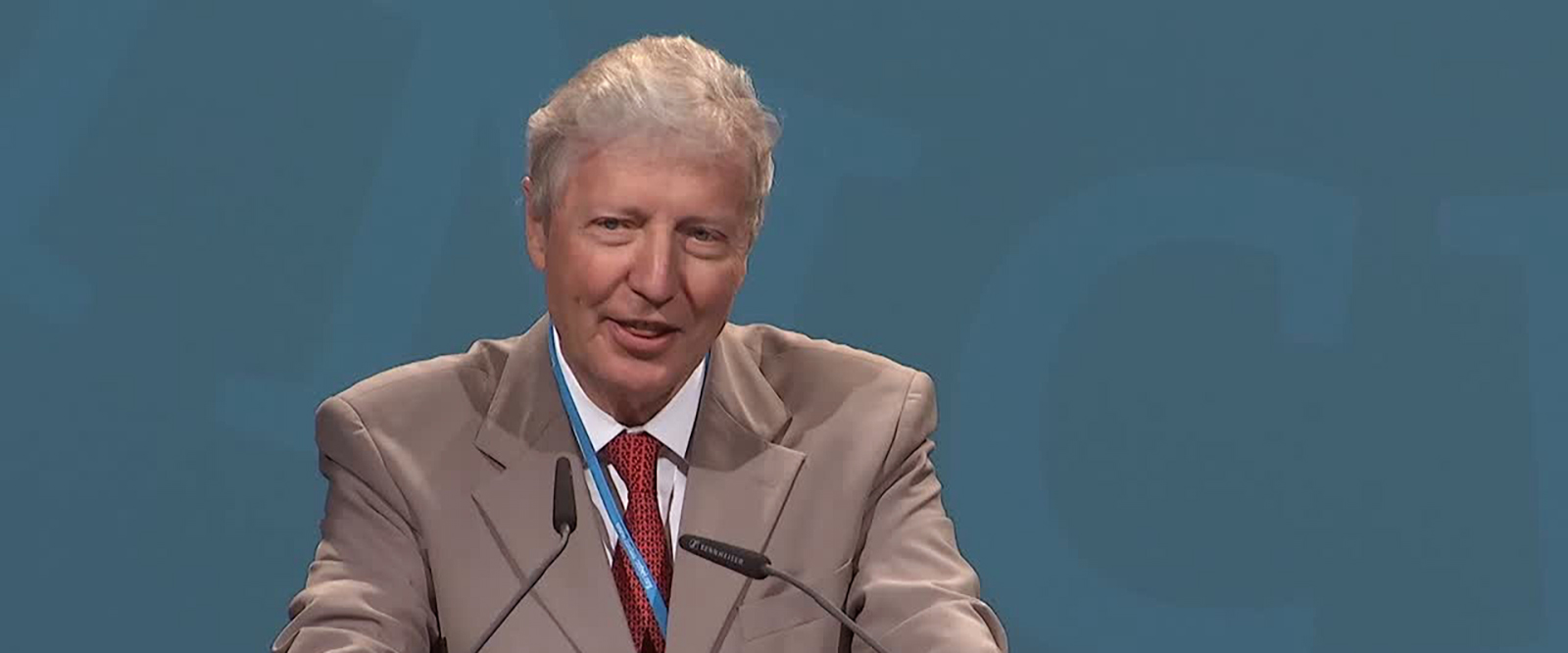
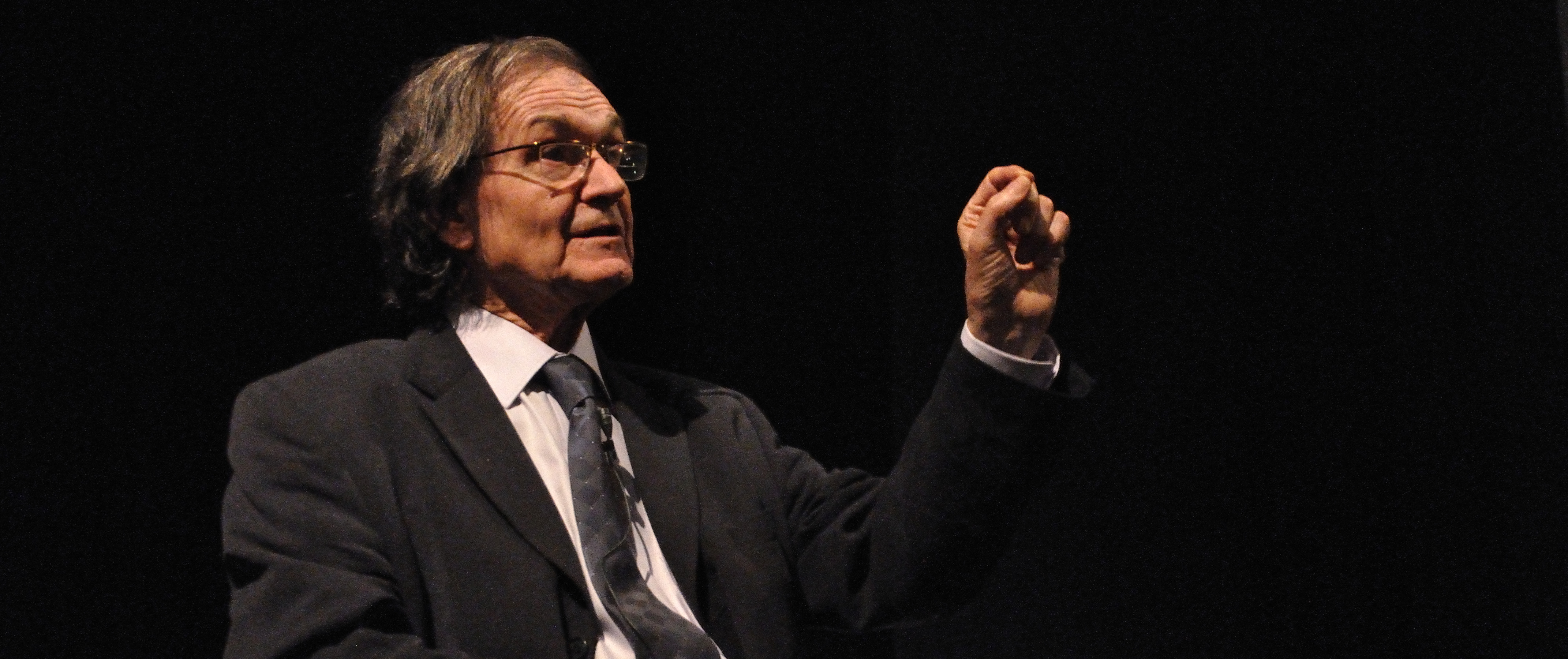
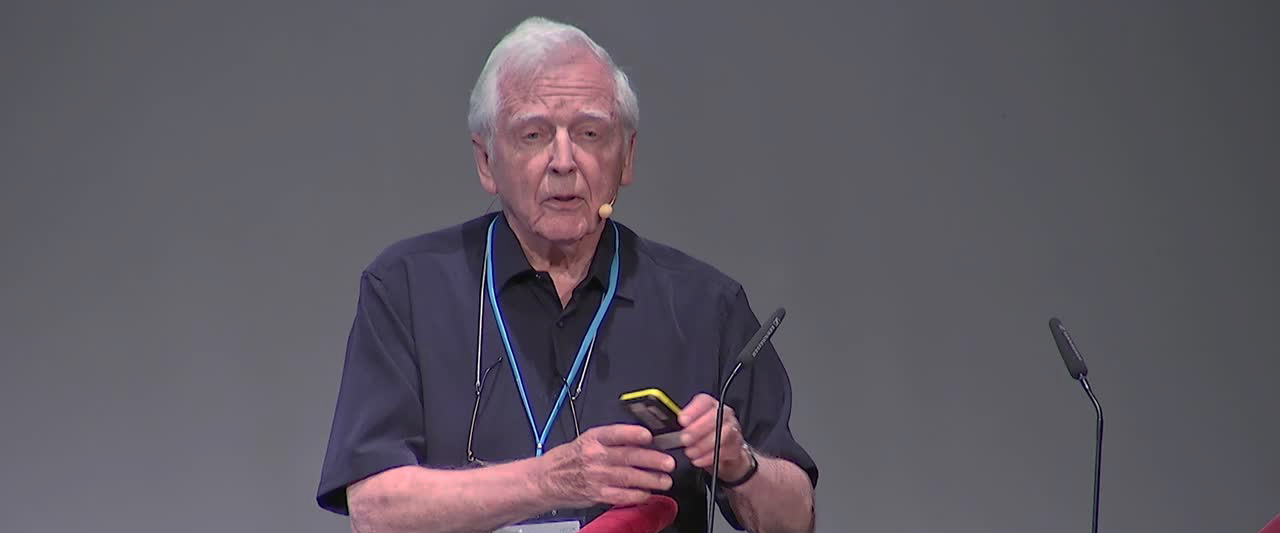
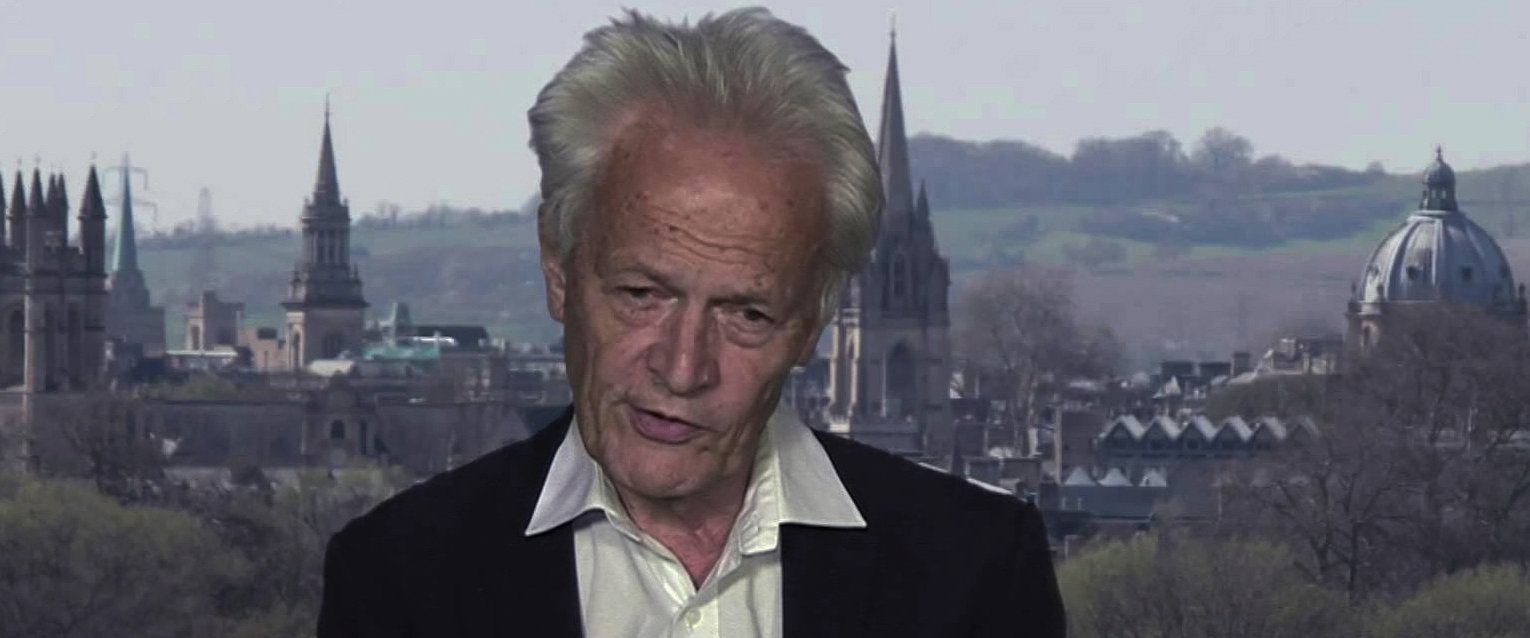
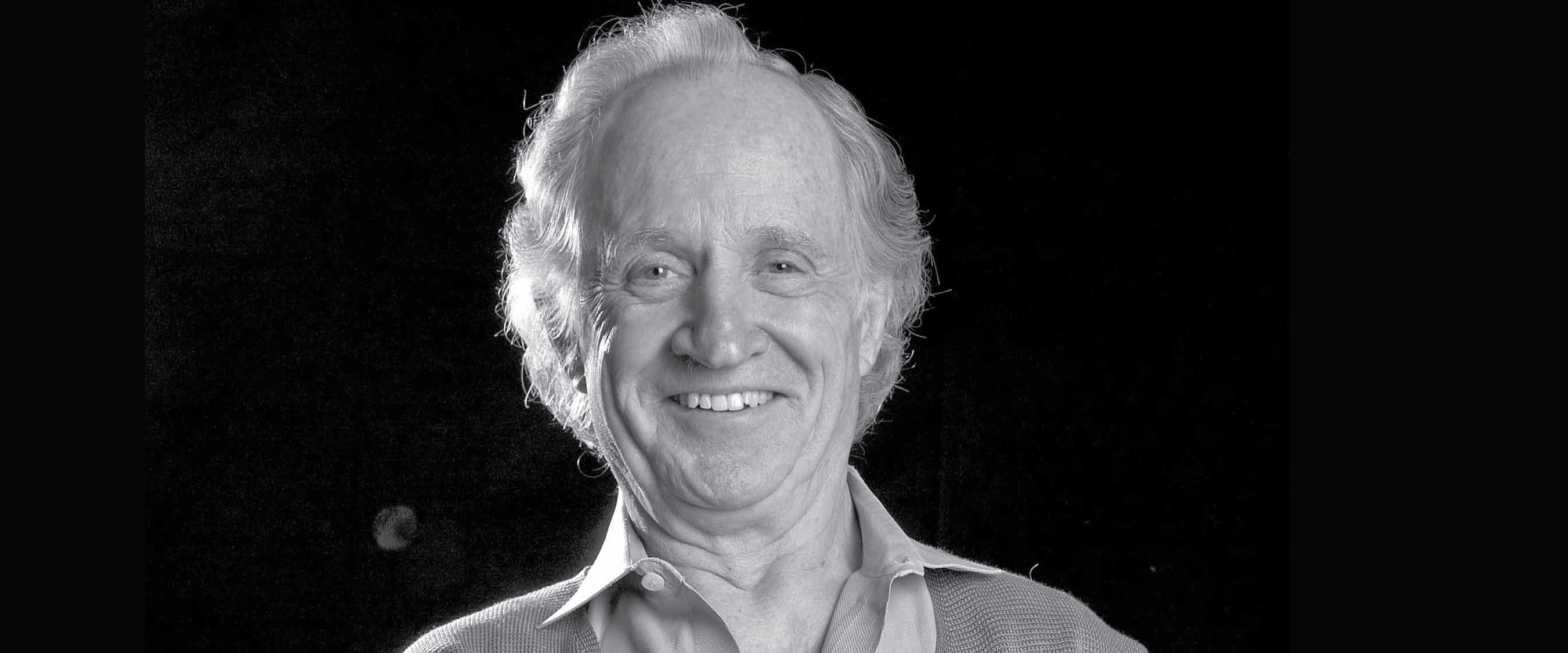
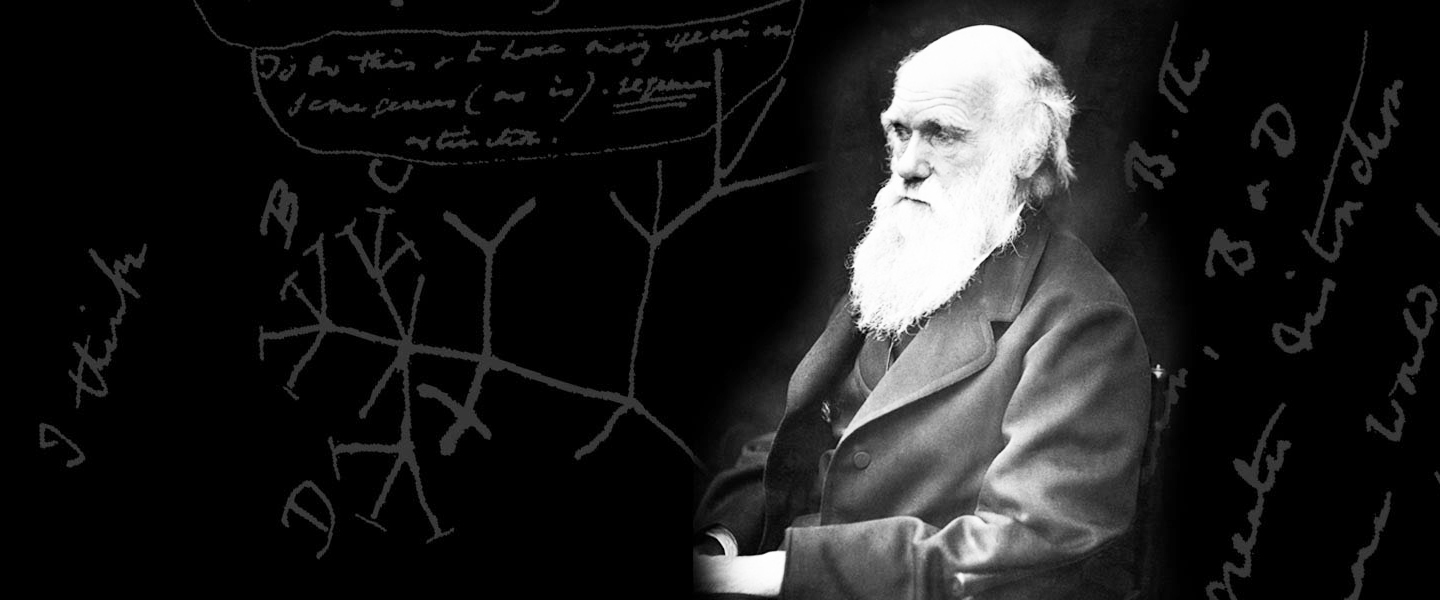



















 Articles
Articles